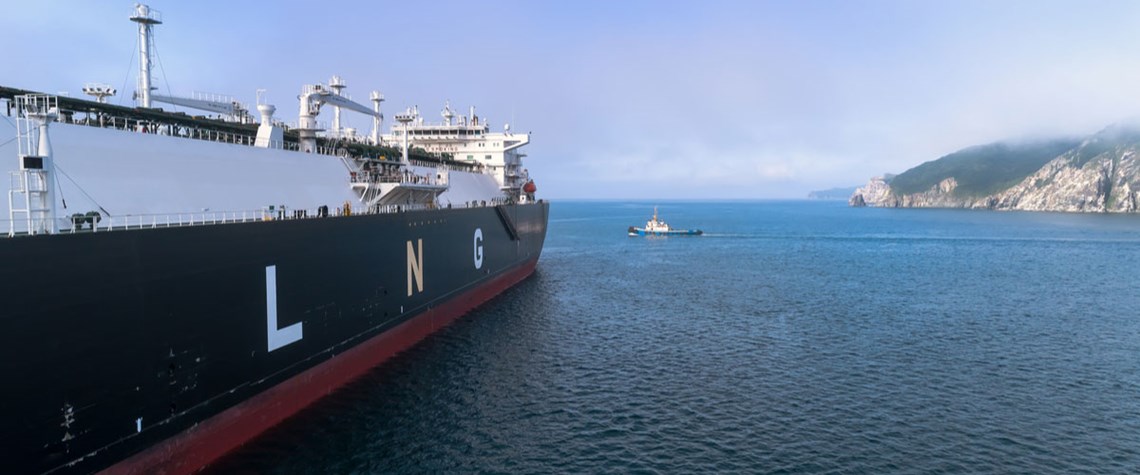Ukraine crisis muddies waters for clean shipping
The industry is reviewing the near-term risk of switching to new fuels as LNG prices surge amid Russia’s war in Ukraine, conference speakers warn
Russia’s invasion of Ukraine has destabilised the shipping industry’s push for decarbonisation and prompted renewed caution among some industry players about the proposed switch to cleaner bunker fuel, according to speakers at the recent S&P Global Asian Refining and Petrochemicals Summit. The war has tightened global oil markets and raised fears of potential shortages of petrol, diesel and other transport fuels. European and Asian benchmark prices for LNG—viewed as a viable stopgap solution for decarbonising shipping until zero-emission alternatives can be scaled up—have also hit record levels in the wake of the conflict. While the cost of both oil and LNG has pulled back in recent days

Also in this section
22 July 2025
Sinopec hosts launch of global sharing platform as Beijing looks to draw on international investors and expertise
22 July 2025
Africa’s most populous nation puts cap-and-trade and voluntary markets at the centre of its emerging strategy to achieve net zero by 2060
17 July 2025
Oil and gas companies will face penalties if they fail to reach the EU’s binding CO₂ injection targets for 2030, but they could also risk building underused and unprofitable CCS infrastructure
9 July 2025
Latin American country plans a cap-and-trade system and supports the scale-up of CCS as it prepares to host COP30








